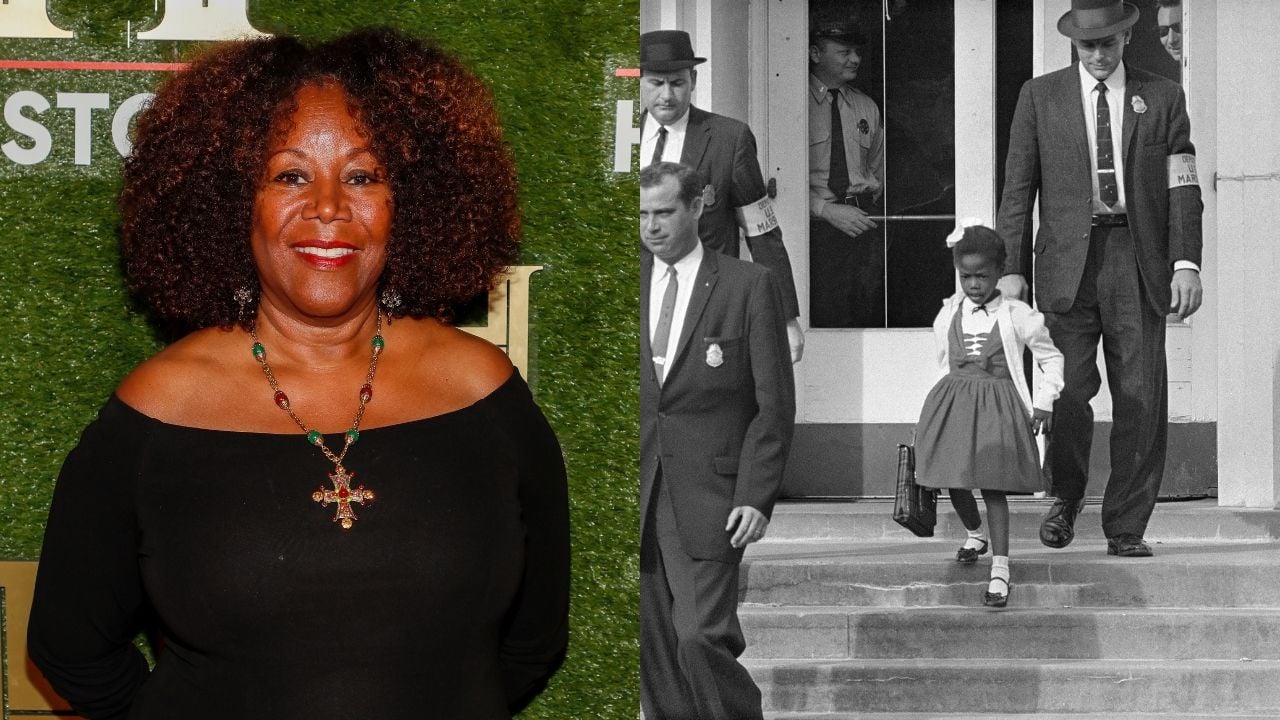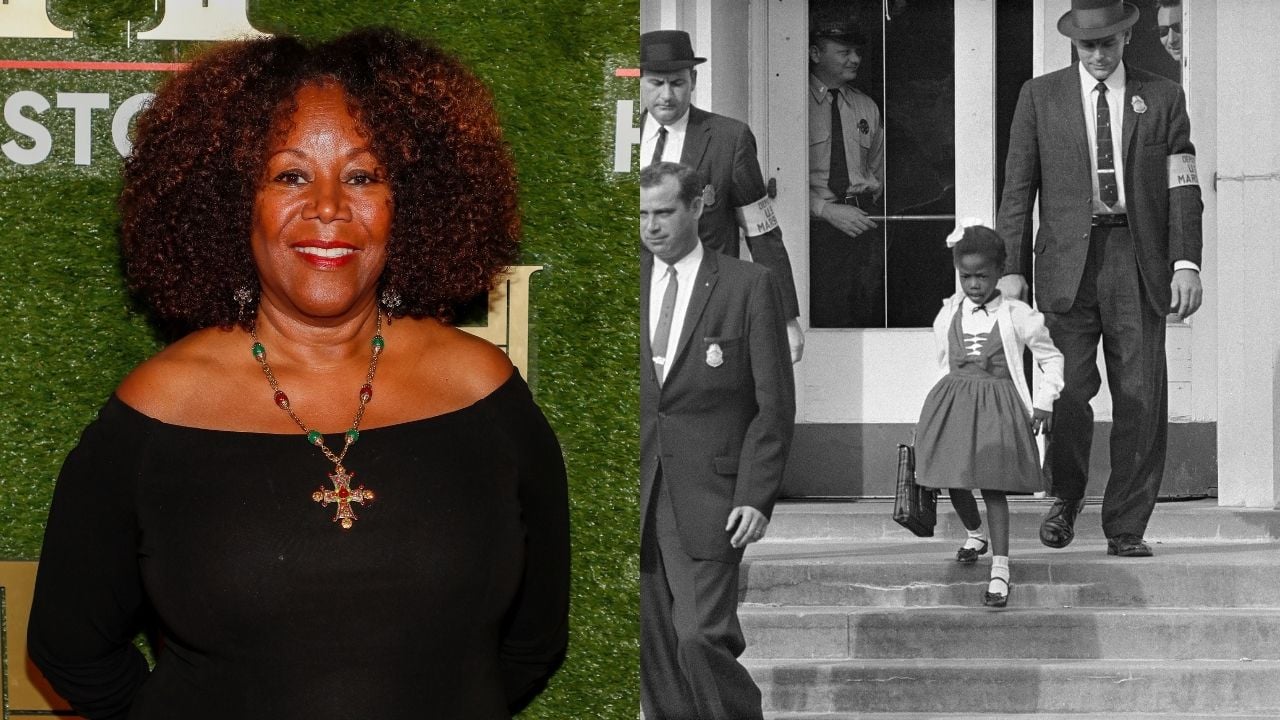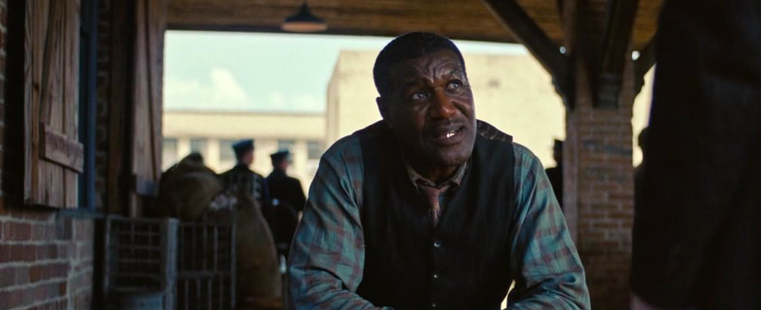
Today marks 65 years since Ruby Bridges became the first Black student to integrate elementary schools in the United States.
On Nov. 14, 1960, at just six years old, Bridges arrived at William Frantz Elementary in New Orleans, Louisiana, walking past an angry white mob with her mother and four federal marshals by her side. Inside, she learned alone for months with the only teacher willing to have her, Barbara Henry — a moment that would become one of the most enduring images of the Civil Rights era.
Born on Sept. 8, 1954, in Tylertown, Mississippi, Bridges was the oldest of Lucille and Abon Bridges’ eight children. After the family moved to New Orleans, her parents made the courageous choice to let her take the exam required to integrate the city’s schools. But as she has often explained, she had no idea history was unfolding around her.
She told People magazine in 2020 that her parents never tried to prepare her for what she’d see: “You’re going to a new school today, and you better behave.” That was all. “Everything else was left to my imagination,” she said — a child’s innocence carrying her through an adult world on fire.
In the decades that followed, Bridges built a life of activism, writing books, founding the Ruby Bridges Foundation, and raising four sons alongside her husband, Malcom Hall, according to the National Women’s History Museum. She also suffered profound loss when her eldest was killed by gun violence years after her brother was also murdered.
And as this anniversary arrives, the country is facing a troubling sense of déjà vu: diversity programs are being dismantled, conversations about race are being restricted, and efforts to erase or soften the exact history she lived through are accelerating. The same forces that once tried to block her from entering a schoolhouse now reappear in new language — anti-DEI, anti-CRT, curriculum bans — but with the same intent.
It’s a reality she understands all too personally. While discussing her son’s death with NPR, Bridges explained that grief clarified something she had always sensed about the work still ahead.
“It made me realize that I had a lot more work to do, that all of us, no matter what we look like, we all have a common enemy,” she said. “And that is evil. If we don’t understand that and come together, then evil will win.”





